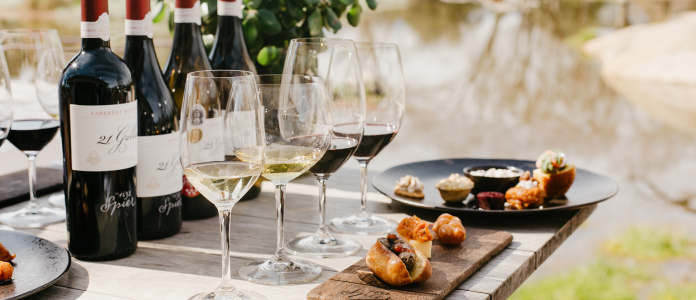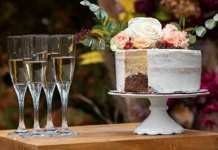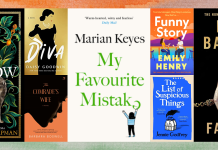How does ‘Cat’s Pee on a Gooseberry Bush’ grab you?
This could be one of wine tasting’s most (in)famous quotes. Occasionally, we do need to resort to brutal honesty or shock factor to describe wine, to define that which is rather difficult to pin down – even for a professional. If it were easy, we wouldn’t have to study for 5 years and sit 10 examinations to be called a Master of Wine.
Tasting wine as impartially as possible to evaluate its merits is separate from exercising personal preference and drinking wine for sheer enjoyment. For some consumers, the desire to graduate from casual drinker to aficionado is how ‘swirling, sniffing, spitting types’ are made. None of us emerges from the womb clutching a spittoon and a ready-made repertoire of tasting notes. For others such as cellar masters, winemakers, sommeliers, judges, critics and any industry professionals, wine is not merely a side passion; it is a lifelong career in which tasting is critical and forms part of the educational training.
It is widely acknowledged to be far easier to score a wine when vital details such as variety or blend, region and vintage are already known; it is much harder when we are forced to rely solely on sensorial sleuth work. This makes blind tastings the ultimate test of palate prowess. There are standing jokes aplenty about muddling Burgundy with Bordeaux in ‘The Blinds’, if we can be forgiven for borrowing the term from unsighted music contest The Voice.
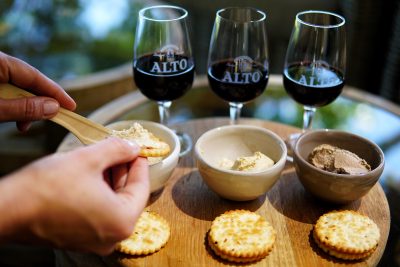
‘Wine keeps you humble’ is the self-deprecating quip from engineer-turned-winemaker Ettiene Louw of challenger brand Orpheus and the Raven.
Adding to the challenge, wine tasting has become even more difficult and complex than it used to be. ‘Wine has changed,’ explains Ginette de Fleuriot, Wine Education and Training Manager at leading local distributor Vinimark.
‘Nowadays there are more varieties and blends in the form we have today. Styles of wine have shifted due to climate and technology. We know more about viticulture, and winemaking has advanced too. As New World wines flooded the market in the 1980s, drinking preferences changed too. It has become more difficult to hone our critique and palates. We also need to update our terminology every now and then. That is why we have to keep learning all the time.’
To speak to this need, de Fleuriot hosts regular masterclasses for Vinimark’s stable of brand partners, which are some of the country’s best names in wine, and tasting was the topic of her most recent class. A Cape Wine Master herself and lecturer for the Cape Wine Academy, de Fleuriot has been a contributor to Platter’s and has served as a wine judge for Veritas, SAA wine selection panel, Diners Club Wine List Awards, the Old Mutual Trophy Wine Show, the Nederburg Auction Selection panel, the Value Wine Guide, ULTRA Value Wine Challenge and the Top100 SA Wine Challenge. It’s a formidable curriculum vitae, yet far from being a snob, she is quick to assert: ‘It’s okay to make mistakes.’
This is tremendously reassuring when we consider winemakers themselves can fail to name their own wines when the bottles are hidden in a tasting flight. Conversely, we’re quick to marvel when blind tasters are right on the nose, pun intended, and can impressively pick out, say, the guava notes that reveal a tropical Sauvignon Blanc, and that’s just by sniffing it!
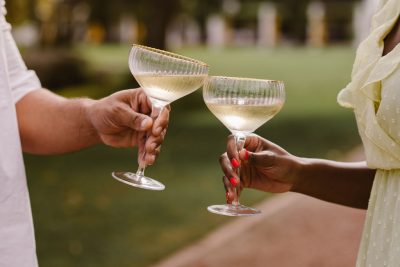
Described in flowery, poetic terms, wine tasting is a rewarding and refined art, engaging the senses, and accessing and expanding a memory bank of experiences and knowledge. But it’s probably closer to detective work. Much like a whodunnit murder mystery, there’s a process of elimination involved to reveal the culprit from a list of suspects. ‘Colour, smell and taste’ – or ‘kyk, ruik en proe’ if you prefer the Afrikaans counterpart – are all clues. Detecting notes of cat pee? Well, then that must be…
If investigator Jessica Fletcher, the character played by Angela Lansbury on the old television series Murder, She Wrote, were doing the tasting for us, it would likely be a quick solve. But as we mentioned earlier, it’s not that simple. Moreover, tasting is extremely nuanced.
At Vinimark’s masterclass on How to Taste, the aim ‘was to create more awareness around certain cues that determine the character of a wine and influence how it behaves in one’s mouth. We looked at colour, aromatics, acidity, tannins, alcohol, weight, complexity, and length as the key differentiators for varietal wines and blends,’ explains de Fleuriot.
Ultimately, the more competent we become at tasting, the more we can value all that has gone into making a great wine, and what in fact makes it so great compared to wine that is perhaps less accomplished. Without this level of discernment, we’d be stuck without any sense of personal advancement, or any stimulus to the wider industry to keep improving.
Whether we’re tasting professionally or personally, both yield a deeper appreciation for wine. Finally, without wanting to sound frivolous, it is also the kind of deep, lasting fun that comes with no small sense of achievement. ‘You can see why people get so into it!’ says de Fleuriot with a knowing smile…
To learn more, listen to Vinimark’s regular podcast on Spotify, or visit their website.

